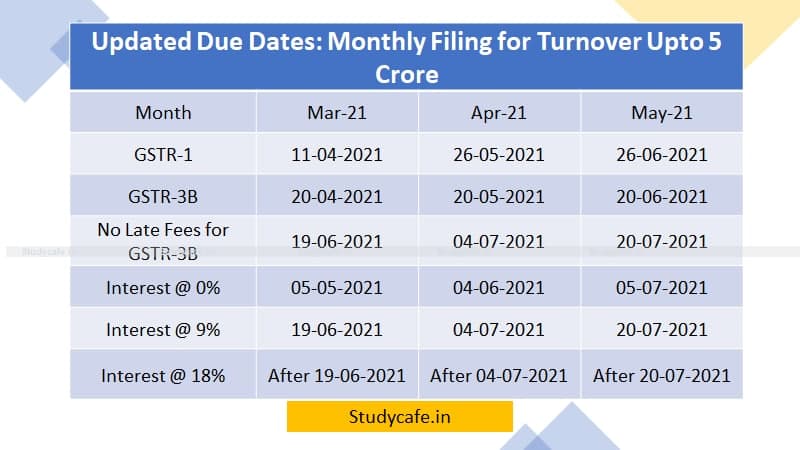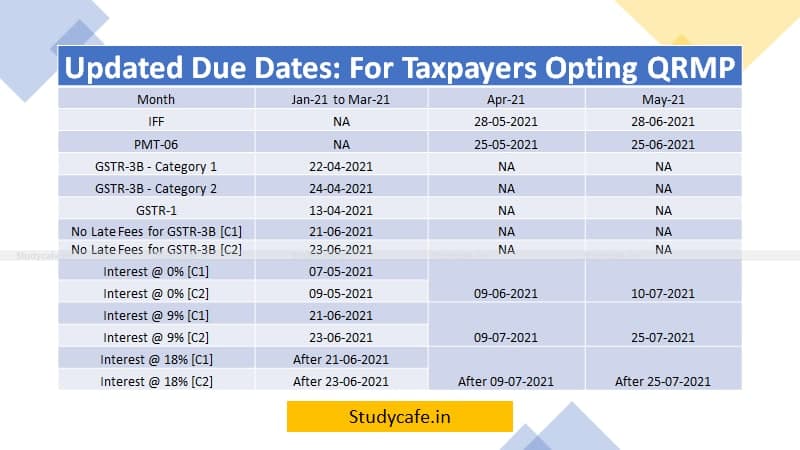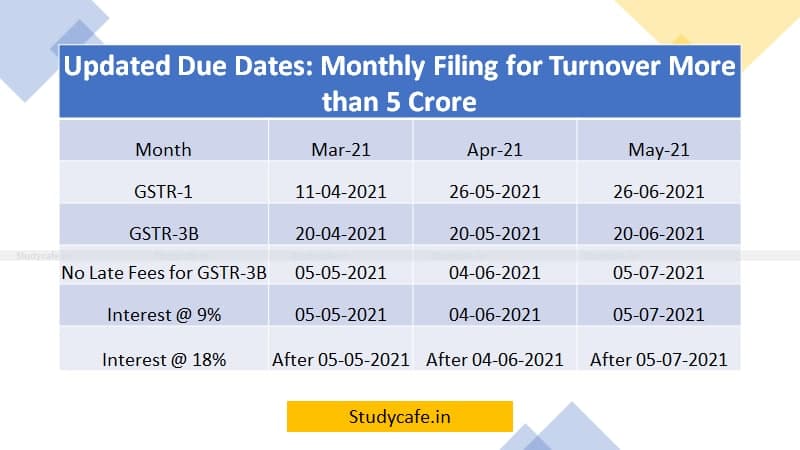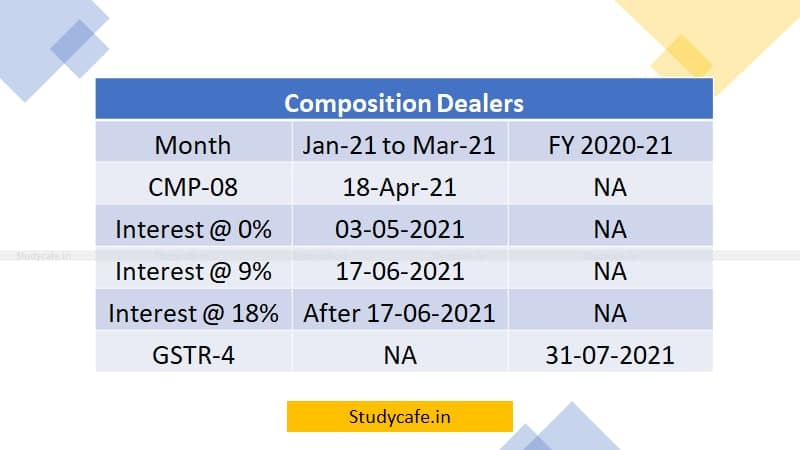Delhi HC allows revision of GST Form TRAN-1 or TRAN-2 online or manually
IN THE HIGH COURT OF DELHI AT NEW DELHI
The Text of the Order as follows :
CM APPL. 14908/2020 (for exemption)
1. Exemption allowed, subject to just exceptions.
2. The application is disposed of.
W.P.(C) 4143/2020
3. The present petition was heard on 21st December, 2020 along with other batch matters relating to difficulties faced by taxpayers in filing form GST TRAN-1 (hereinafter “TRAN-1 Form”). However, considering that the issue involved in the present petition is slightly different as compared to the other batch matters, it is being decided separately by way of this judgment.
4. The Petitioner- R.R. Distributors Private Limited, is engaged in the trading of paper and other like goods. It migrated from the Delhi Value Added Tax Act, 2004 into the GST regime, and as on the appointed date under the GST laws, it had a closing stock of finished goods of Rs. 7,44,41,433/- on which it was entitled to claim transitional input tax credit (hereinafter “ITC”) in terms of Section 140(3) of the CGST Act, 2017 (hereinafter “the Act”). Accordingly, on 22nd November, 2017, the petitioner filed the statutory TRAN-1 Form for transitioning ITC of Value Added Tax (hereinafter “VAT”) of Rs. 23,57,203/- under the DGST Act, 2017. On 27th December, 2017, an additional claim of State tax of Rs. 59,433/- was made and transitional ITC of Rs. 52,166/- was claimed under the Act. For claiming the ITC on the stock of Rs. 7,44,41,433/-, Petitioner filed TRAN-2 Form for which no date had been specified under Rule 117(4)(b)(iii) of the CGST Rules, 2017 (hereinafter “the Rules”). On 4th January, 2018, the Petitioner attempted to file the TRAN-2 Form for availing the transitional credit amounting to Rs. 17,35,293/- on the above stock under the proviso to Section 140(3) of the Act read with Rule 117(4) of the Rules. However, it was not allowed on account of the following reasoning:
a) “you have not declared anything in Part 7B of table 7(a) of TRAN-1, so you are not permitted to fill any details in table 4 of TRAN-2.
b) you have not declared anything in table 7(d) of TRAN-1, so you are not permitted to fill any details in table 5 of TRAN-2”
5. On the same date, the Petitioner informed GSTN about the nonacceptance of TRAN-2 Form via email, however, no response has been received till date.
6. Mr. Rajesh Jain, learned counsel for the Petitioner submitted that when the TRAN-1 Form was filed online, the facility to upload TRAN-2 Form was not available on the common portal. In these circumstances, the Petitioner was advised by his consultant that since its claim fell under proviso to sub-Section 140(3) of the Act, it needed to file the TRAN-2 Form as per Rule 117(4) of the Rules. Unlike Rule 117(1) which prescribed the initial time period of 90 days with further extensions by the Commissioner on the recommendation of the GST Council, initially no time period was specified for Rule 117(4)(b)(iii). Later, by way of Notification No.12/2018- CT dated 7th March, 2018, sub-Clause (iii) was amended, and the registered person was required to file a statement by 31st March, 2018. Mr. Jain submits that TRAN-2 Form was still not available on the portal and the Courts have taken a judicial notice of this fact, as evident by the judgment of Calcutta High Court in the case of M/s Subhas & Company v. Commissioner of CGST and CX, Kolkata North Commissionerate & Ors.1.
7. Mr. Jain further submitted that the respondents are not permitting the Petitioner to upload TRAN-2 Form on account of an inadvertent error committed by it in filing TRAN-1 Form, since it was not able to show the available stock of goods as on 30th June, 2017 in part 7B of table 7(a) and table 7(d) of TRAN-1 Form. After TRAN-1 Form was filed on 27th December, 2017, the portal got locked, thereby preventing the taxpayers from viewing/amending the TRAN-1 Form, and thus, no revision was possible. In these circumstances, when the Petitioner attempted to upload TRAN-2 Form it received the response as noted above, in para 4. The Petitioner was thus prevented, for reasons beyond its control and comprehension, to take transitional credit of CENVAT in accordance with the proviso to Section 140(3) of the Act.
8. Despite opportunity granted, no counter-affidavit has been filed on behalf of the Respondents. However, the counsels appearing for the Respondents controverted the contentions urged by the Petitioner and submit that the mistake committed by the Petitioner cannot be remedied. Since the Petitioner had given incorrect particulars while filing TRAN-1 Form 1, cannot be permitted to file TRAN-2 Form online.
9. We have duly considered the contentions urged by the counsels. Situation similar to the one faced by the present Petitioner has already been considered by this Court in the case of Blue Bird Pure Pvt. Ltd. v. Union of India and Ors.2 In the said case as well, the Petitioner had committed an inadvertent error in showing available stock of goods as on 30th June, 2017 in Column 7(d) instead of 7(a) of the TRAN-1 Form. Noting and relying upon the judgments of this Court in Bhargava Motors v. Union of India and Ors.3, and Kusum Enterprises Pvt. Ltd. and Ors. v. Union of India and Ors.,4 the Court had directed the Respondents to enable the Petitioner to rectify TRAN-1 Form.
10. As can be seen from the aforesaid decisions, this Court has held that inadvertent and genuine mistakes in filling up the correct details of credit in TRAN-1 Form should not preclude taxpayers from having claims examined by the authorities in accordance with law. This Court has consistently been issuing directions to the Respondents and granting relief to such taxpayers. When the Petitioner attempted to upload TRAN-2 Form, it was prevented to do so because of the error committed by him while making the declaration in the TRAN-1 Form, however, the system did not enable the Petitioner to revise TRAN-1 Form on the system. In Blue Bird Pure (supra), this Court had, in fact, observed that the Respondents ought to have provided a facility in the system itself for rectification of errors which are clearly bona fide. Further, the Court had also noticed that although the system provided for revision of a return, the deadline for making the revision coincided with the last date for filing the return i.e., 27th December, 2017, rendering such facility to be impractical and meaningless.
11. Further, this Court, in the case of Aadinath Industries & Ors. v. Union of India and Ors., Lease Plan India Private Limited v. Government of National Capital Territory of Delhi and Ors., Godrej & Boyce Mfg. Co. Ltd. v. Union of India and Ors., Arora & Co v. Union of India & Ors., and M/s Blue Bird (supra), has taken a similar view. In our view, the nonfiling of part 7B of table 7(a) and table 7(d) of TRAN-1 Form cannot impair the rights of the petitioner to claim transitional ITC, if he is otherwise eligible. This Court has observed in numerous decisions that the GST system was in a trial-and-error phase as far as its implementation was concerned and ever since GSTN network became operational, taxpayers genuinely faced difficulties in filing the returns and input tax credit in the GST portal. Acknowledging the procedure and difficulties in claiming input tax credit, this Court and several other High Courts have granted relief to such taxpayers. Failure on the part of the Petitioner to give relevant details in TRAN-1 Form can only be taken as a procedural lapse which should not cause any impediment to its right to claim transitional ITC.
12. We also find force in the submissions of Mr. Jain that the taxpayers were not provided sufficient time to upload the data in TRAN-2 Form. On 4th January, 2018, when the Petitioner attempted to load TRAN-2 Form, no time had been specified under the Rules, which could be deemed to be mandatory. The time period was introduced on 7th March, 2018 through Notification No. 12/2018-CT. By virtue of this notification, in terms of Rule 117(4)(iii)(b), the time period was specified to be up to 31st March, 2018. Thus, even if the retrospective amendment to Section 140, (introduced through Section 128 of the Finance Act, 2020) is taken into consideration, there cannot be any denying the fact that on the date when the Petitioner made an attempt, no time period had been specified. On 7th March, 2018 when the notification was introduced, specifying the time, the Petitioner had already attempted to load TRAN-2 Form, which was denied on the ground of non-filing in part 7B of table 7(a) as well as table 7(d) of TRAN-1 Form.
13. In this view of the matter, we see no reason to deny the Petitioner the relief as sought for in the petition. Accordingly, the petition is allowed, and we direct the Respondents to either open the online portal so as to enable the Petitioner to file the rectified TRAN-1 Form electronically, or accept the same manually with necessary corrections, on or before 30th June, 2021. The Petitioner will thereafter be permitted to correspondingly file the TRAN-2 Form which also shall be accepted either electronically by opening the online portal, or manually.
14. The petition is disposed of in the above terms.
from Studycafe https://ift.tt/3vFRLN5
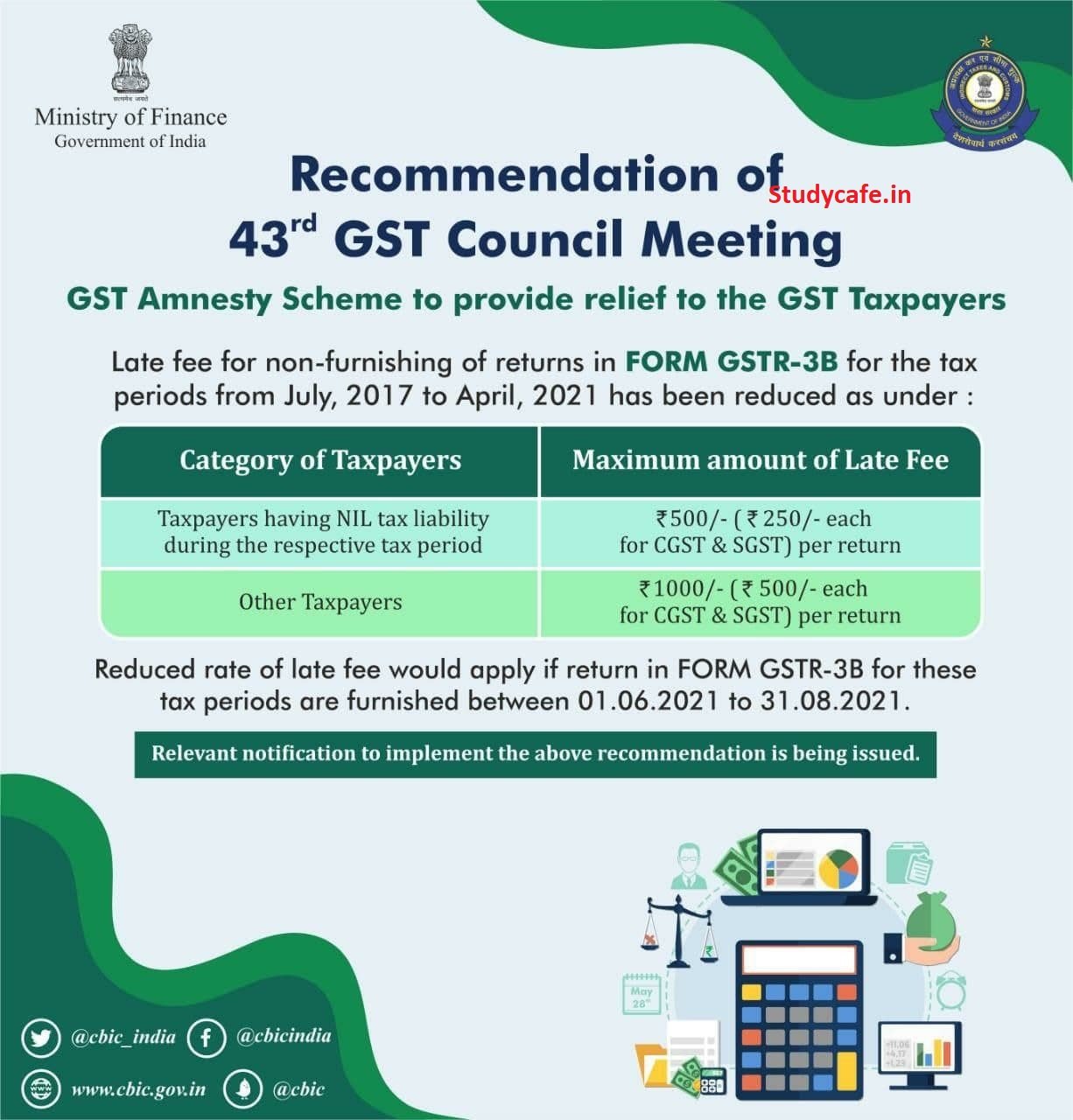

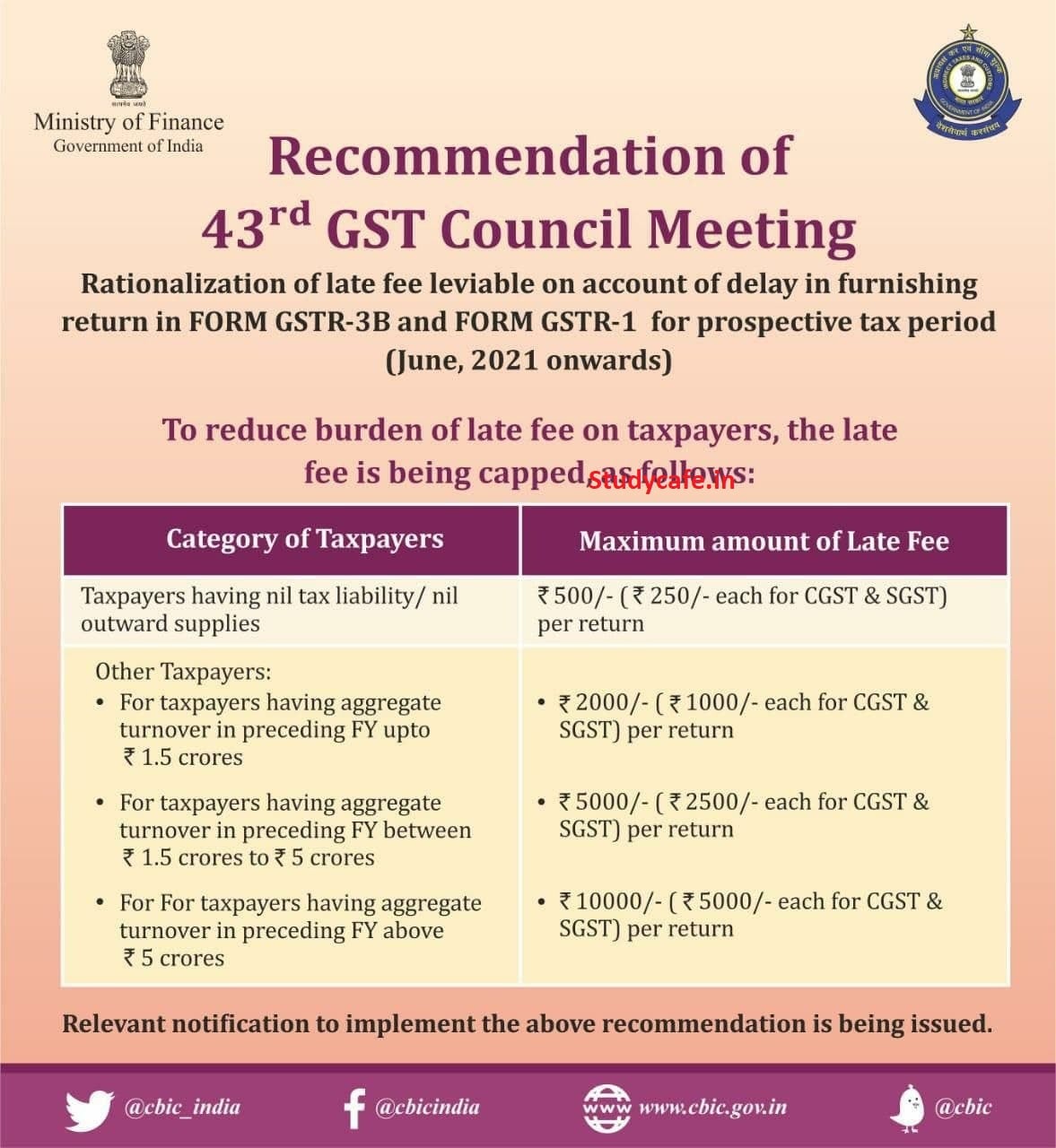
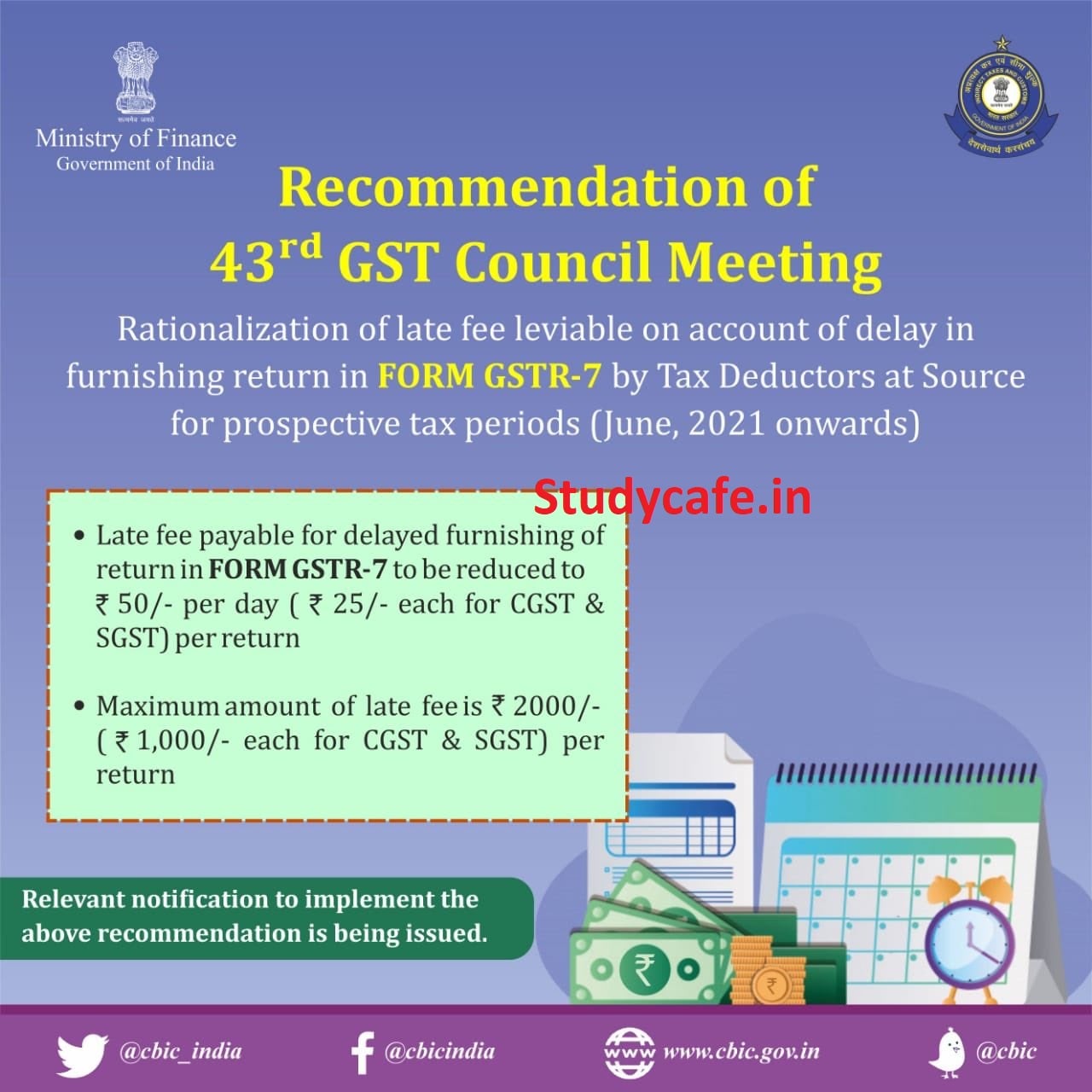
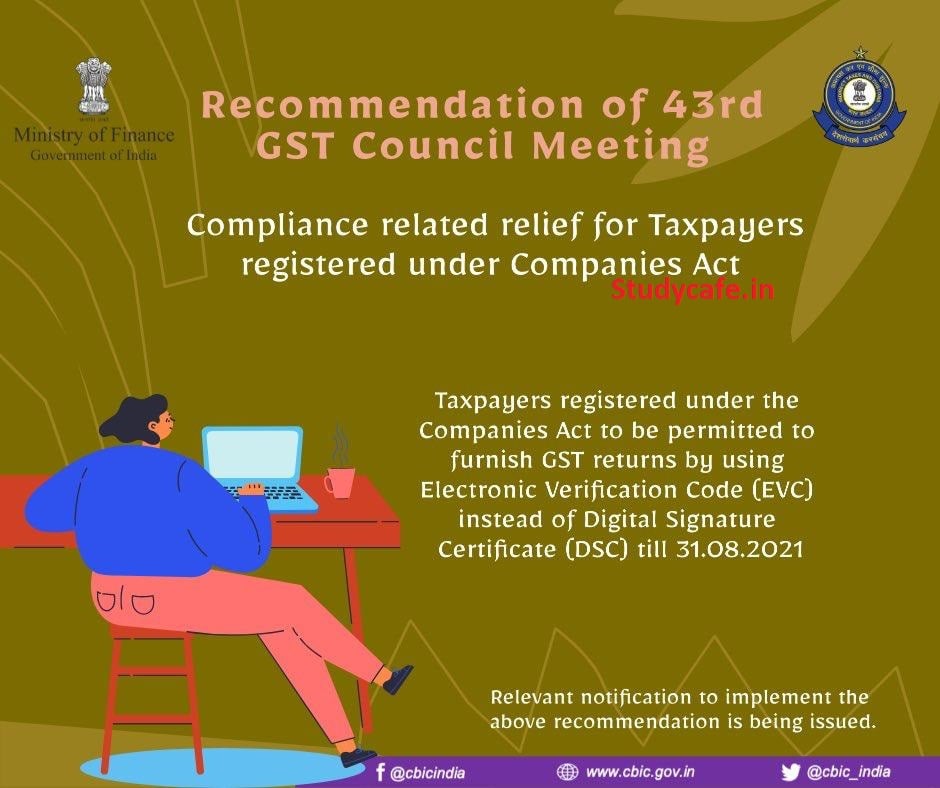
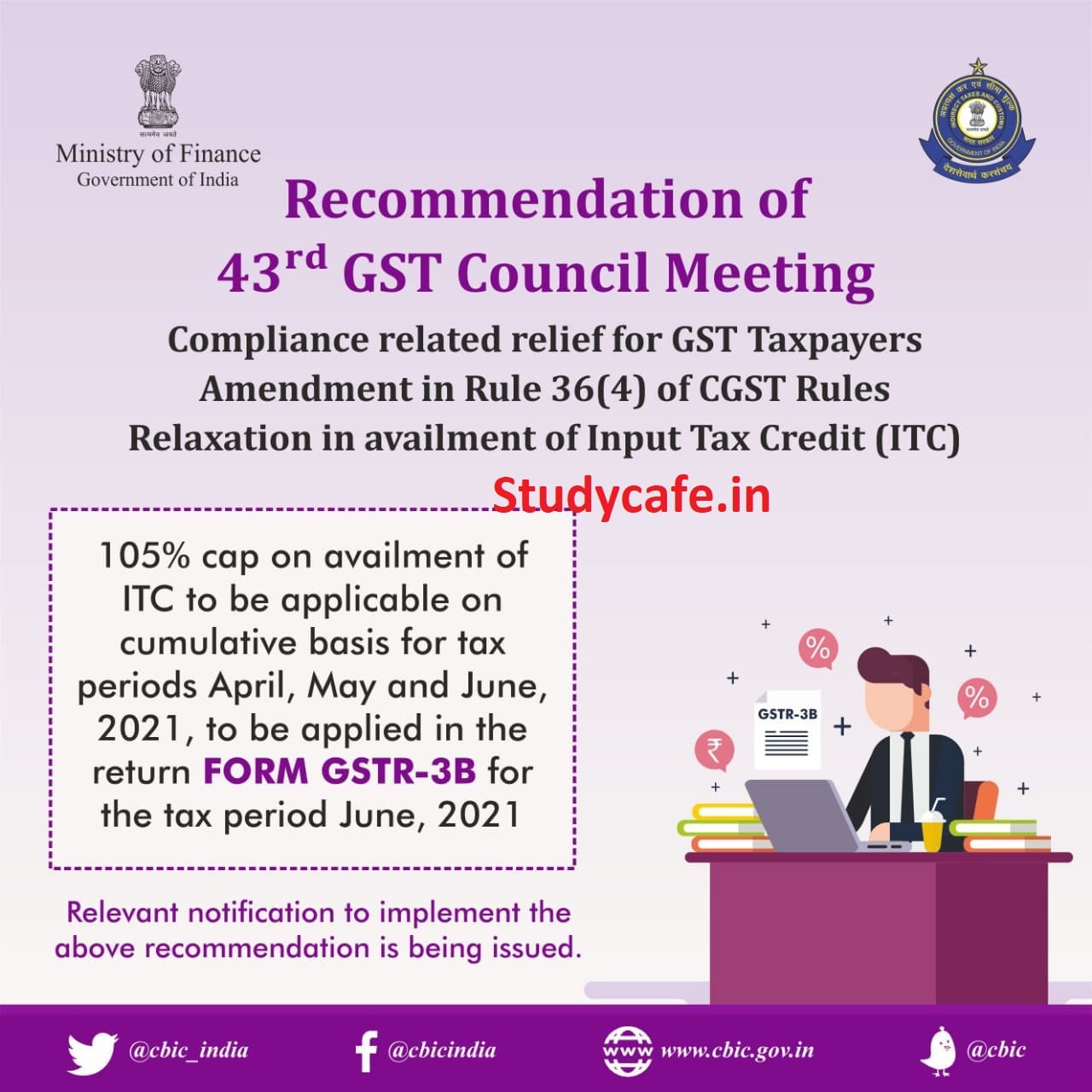
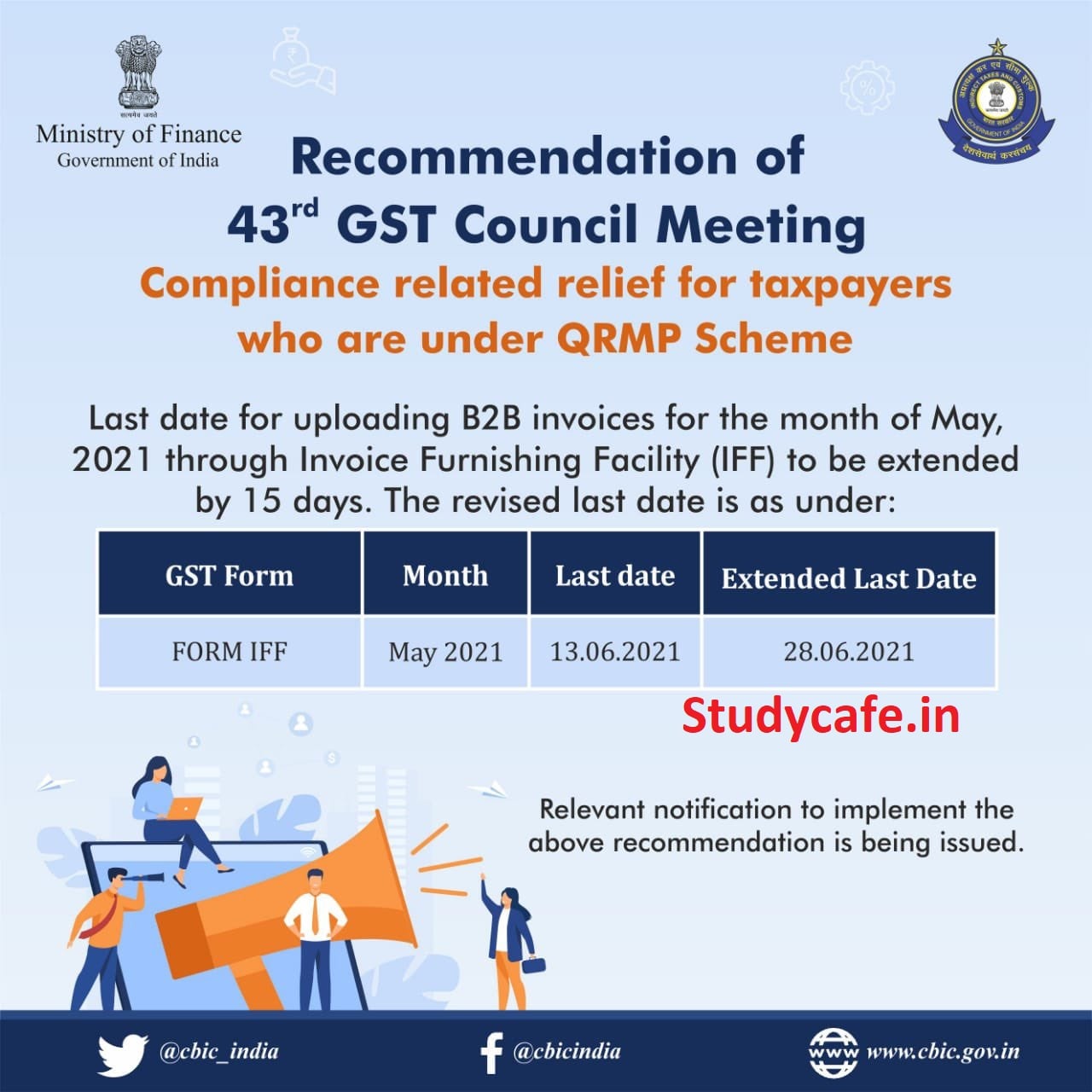
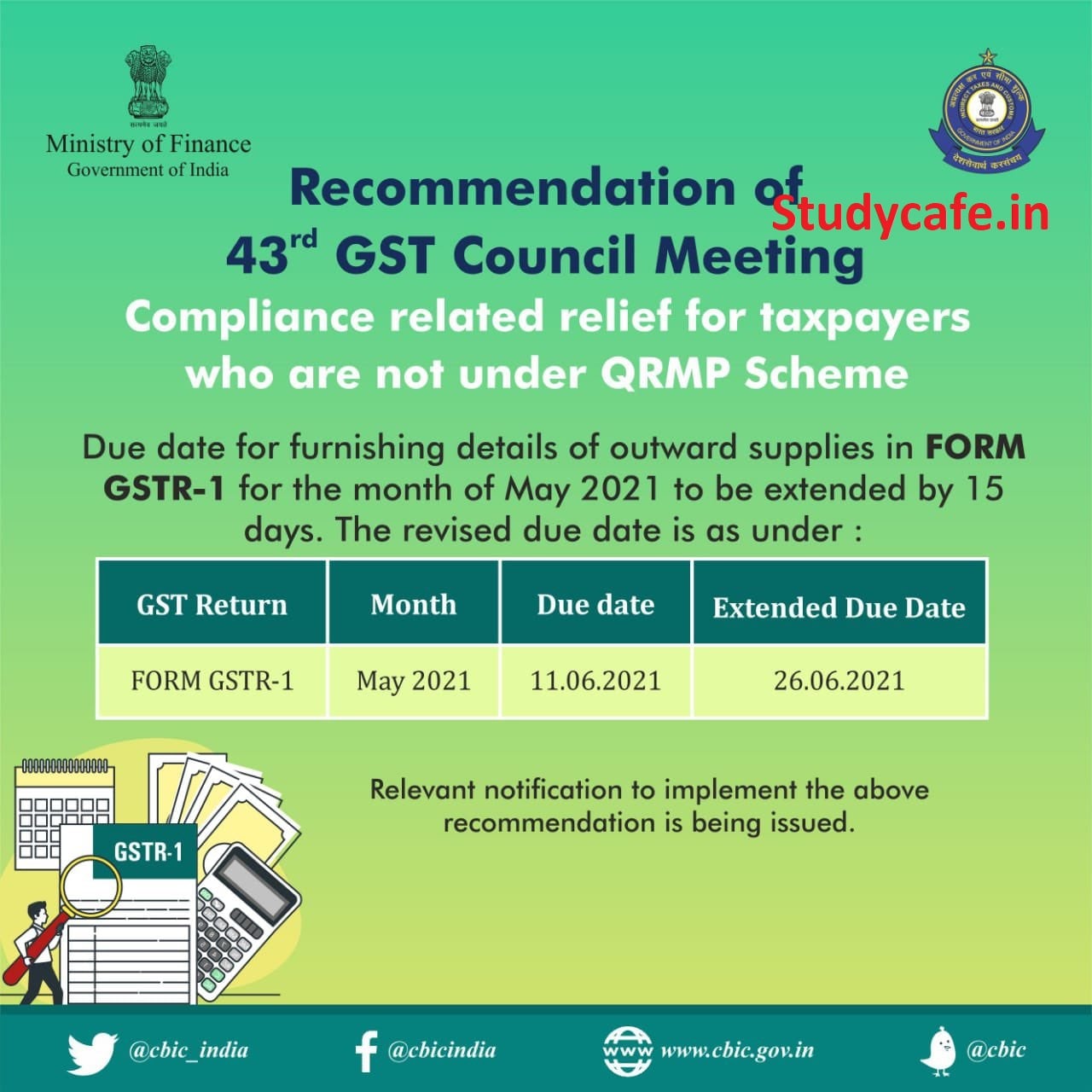

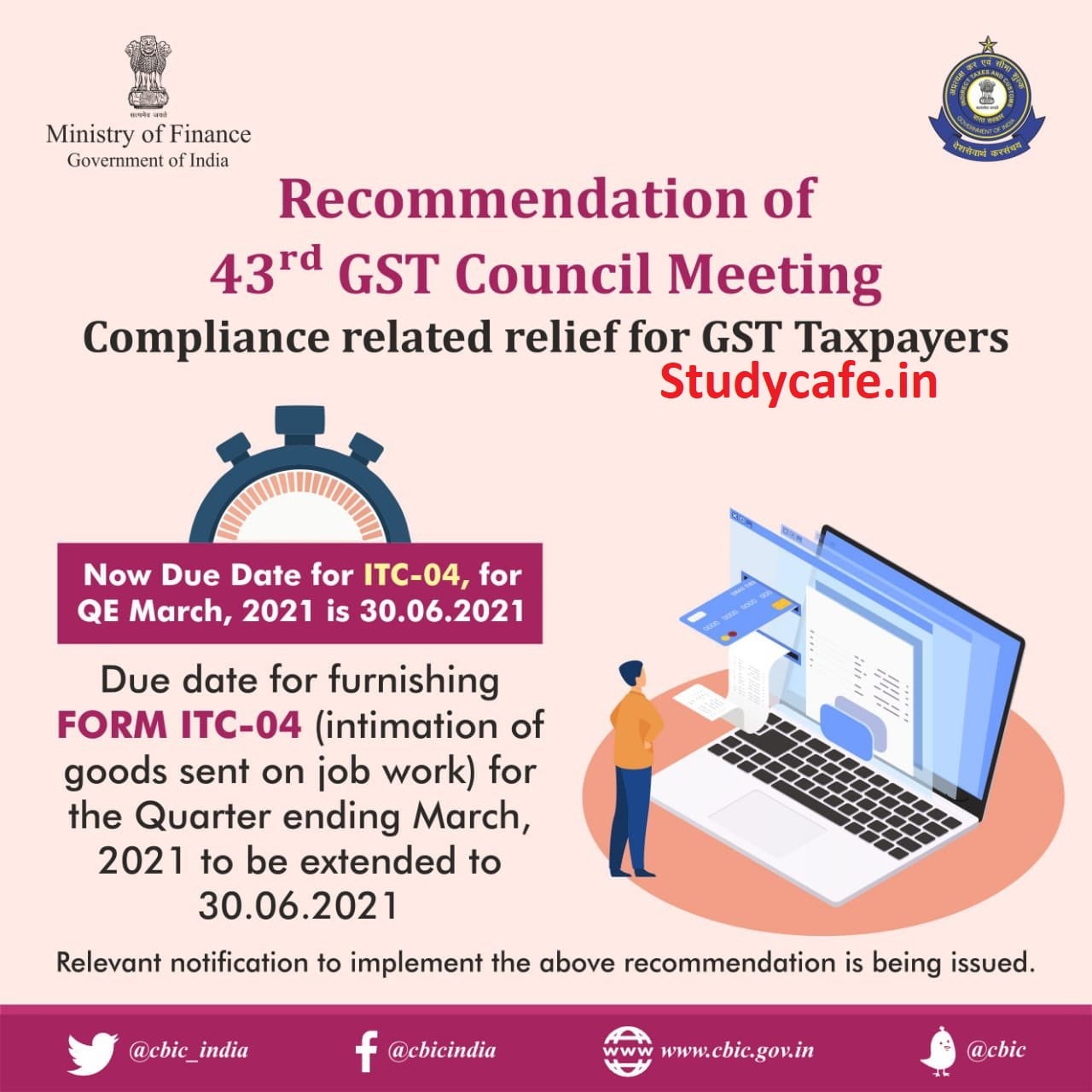
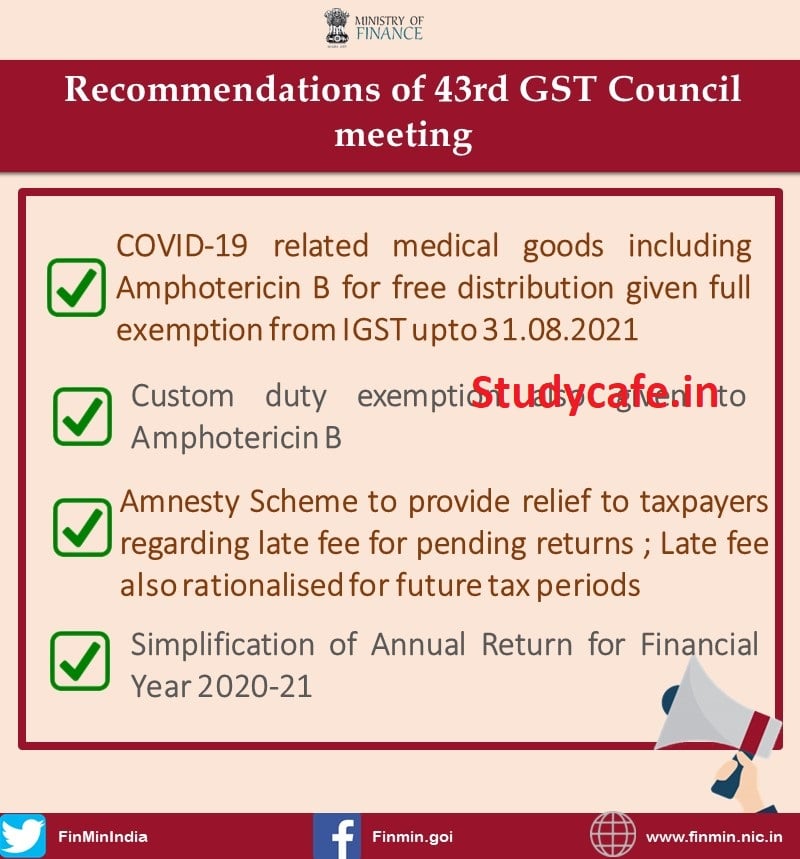

 Commerce Graduates/CA/CS/CMA/Law students
Commerce Graduates/CA/CS/CMA/Law students